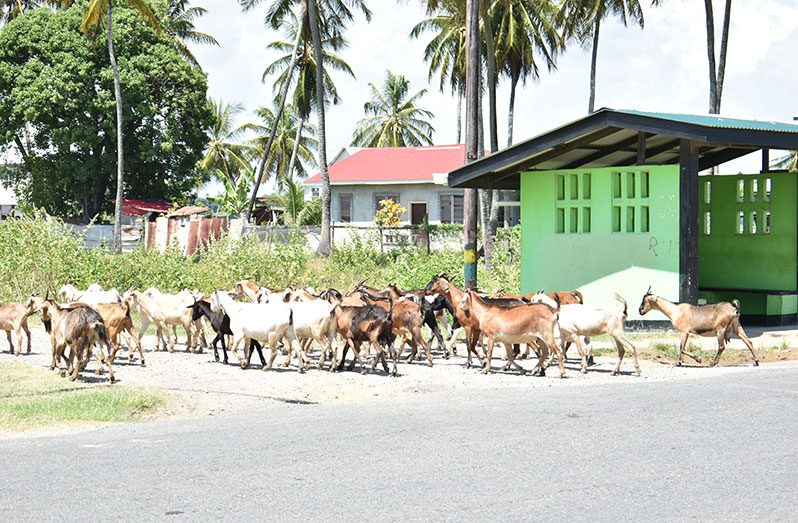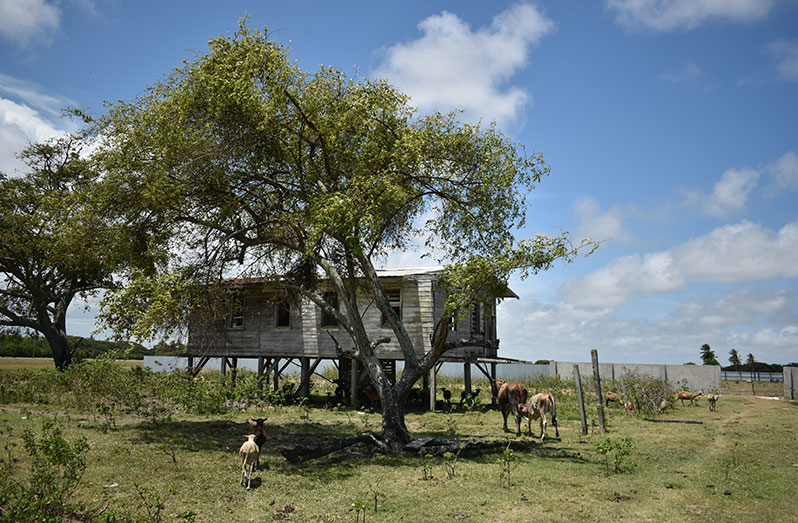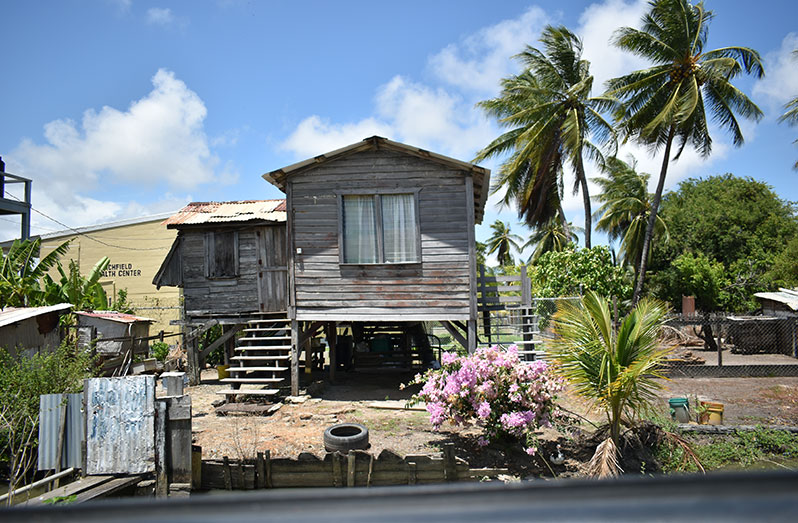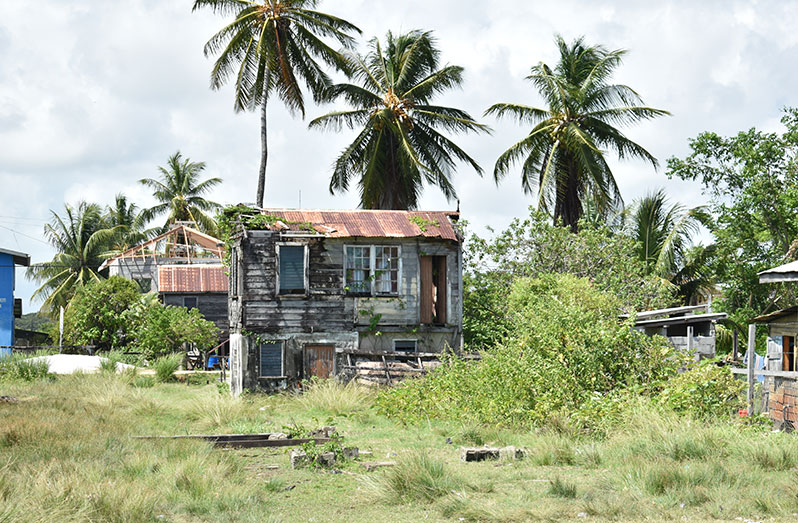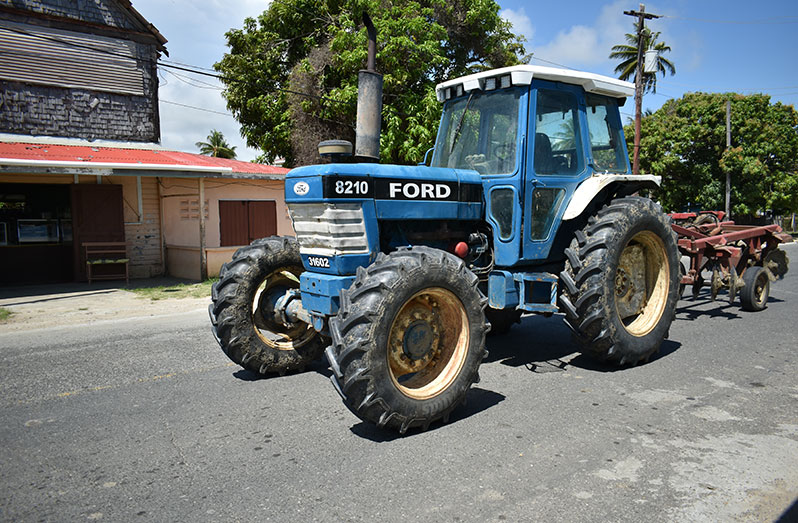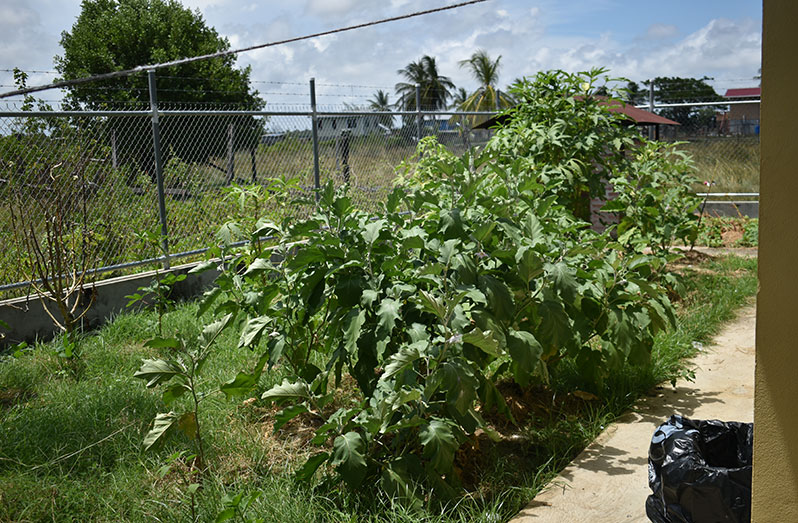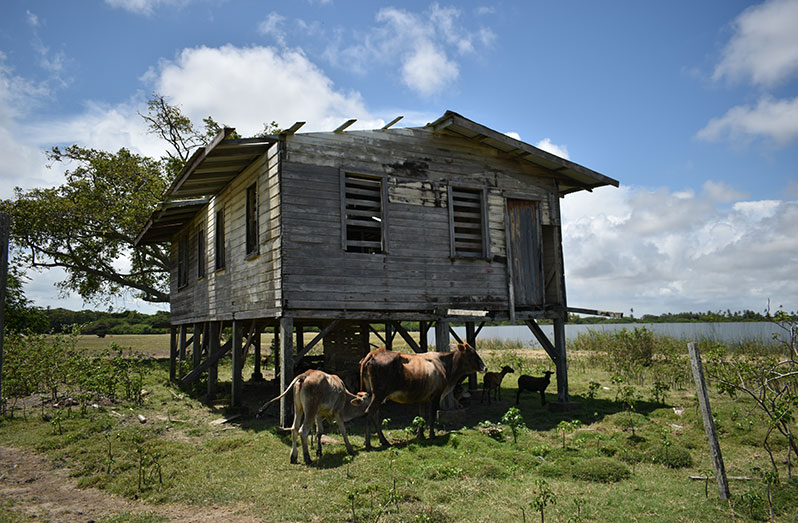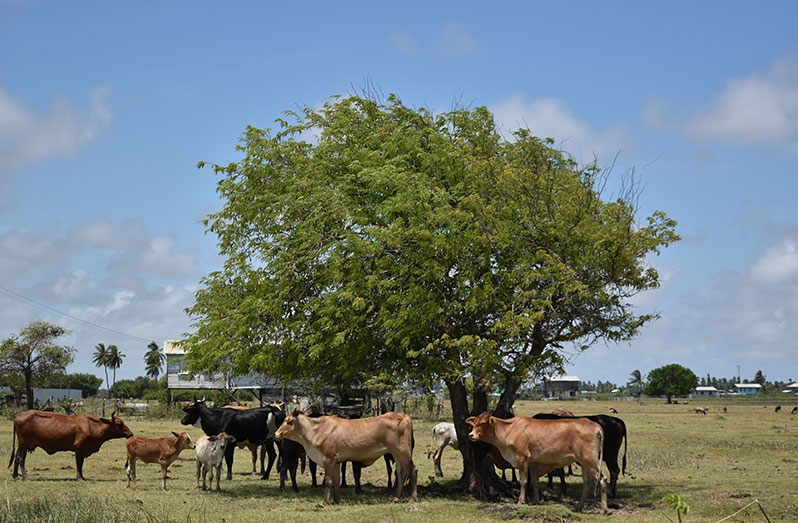A place of peace and calming people
This week the Pepperpot Magazine visited the countryside village of Lichfield, West Coast Berbice, to highlight the way of life of the people and the village.
LICHFIELD is a breezy, peaceful place with rich history, culture, lush pastures, ancestral lands and welcoming people.
As you approach the village, a clean and brightly painted bus shed awaits you at the edge of the village on the public road, which has seating accommodation for taking shade from the weather.
Lichfield village is a large village which has four churches and several internal one-vehicle streets and the village extends from the foreshore to the backlands.
It is one of those villages where you feel a sense of calm that envelops you as you enter where cows, horses, sheep, goats and other animals graze on empty lands in the village and walk the streets, while mothers take their children to school on foot, using the small tracks and shortcuts.
It is a place where the people greet you with a smile and is also a very safe place where no one bothers you, even as a visitor and you are offered fruits and a cold beverage to offset the heat of the sunny weather.
The men in this village can be seen riding their bicycles with their tools in hand, on their way to work and nurses and others proudly make their way in their uniforms to their respective places of work.
During the morning hours, the locals make their way to wherever it is they go for work or conduct business. Most elders were going to collect their one-off cash pension grant offered by the current administration for all pensioners.
This community has many modern, large and small cottages, old-fashioned colonial-style houses that survived the years, but are weathered and in bad shape. Others are being renovated and there are also some newly constructed dwelling houses with modern fixtures and designs.
Some villagers saw it fit to extend their houses by adding sections to it to accommodate their extended family.
Lichfield is a relatively clean place and the locals take pride in upkeeping their surroundings and yards to an acceptable standard by weeding the grass and taking care of the landscape.
It is a village of well-gardened yards with potted plants of many varieties and colours and a lot of fruits and vegetables that grow everywhere in this community in almost every yard where there are trees that grow food, but most of the lands are unoccupied and privately owned.
Lichfield is a village of livestock, poultry, goats and sheep, ducks, fowls and other animals which the villagers rear and the people have small roadside shops and other small businesses such as barber shops, salons, bars, food stalls and others.
Lichfield village was bought by 12 freed slaves in 1840 and divided into 12 sections.
The land was said to be initially used for the cultivation of many crops, including coffee, cotton and tobacco. With returns from the crops, villagers built schools, railway stations, churches, etc.
The villagers are independent and contented and this is shown by their way of life,which is simple but fulfilling.
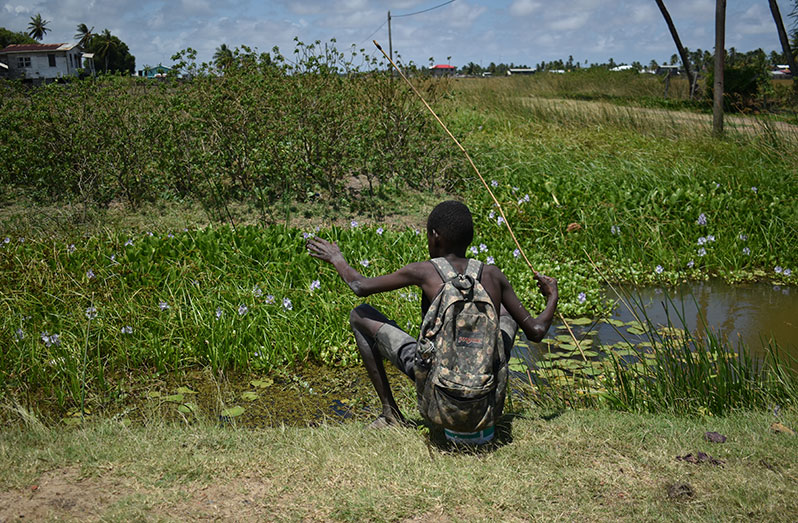
Lichfield is located between Cottage and Belle Vue villages and it is a roadside community that runs deep into the backlands.
Lichfield has a nursery school, primary school, churches, shops, a YMCA building, a health centre, a library, and an ICT hub with internet-ready computers.
The St. Jude’s Anglican Church sits on the public road and adjoining it is the primary school which has a large basketball court and places for games.
Many social activities, such as the Village Day and other gatherings, are held there annually.
This year a lot of elders passed away, including two residents who were 105 and 95 years old, so the people are sad about losing them, but there are still a few around who are not in good health, including the Semples.
Lichfield is a place of intellectuals, servicemen and women, nurses, teachers, many people, who are from the public sector and a lot of good people who were sports activists and athletes.
The people of this village are talented and multi-skilled and use their skills to earn and do many things to offset personal expenses and to provide for their families.




.png)


